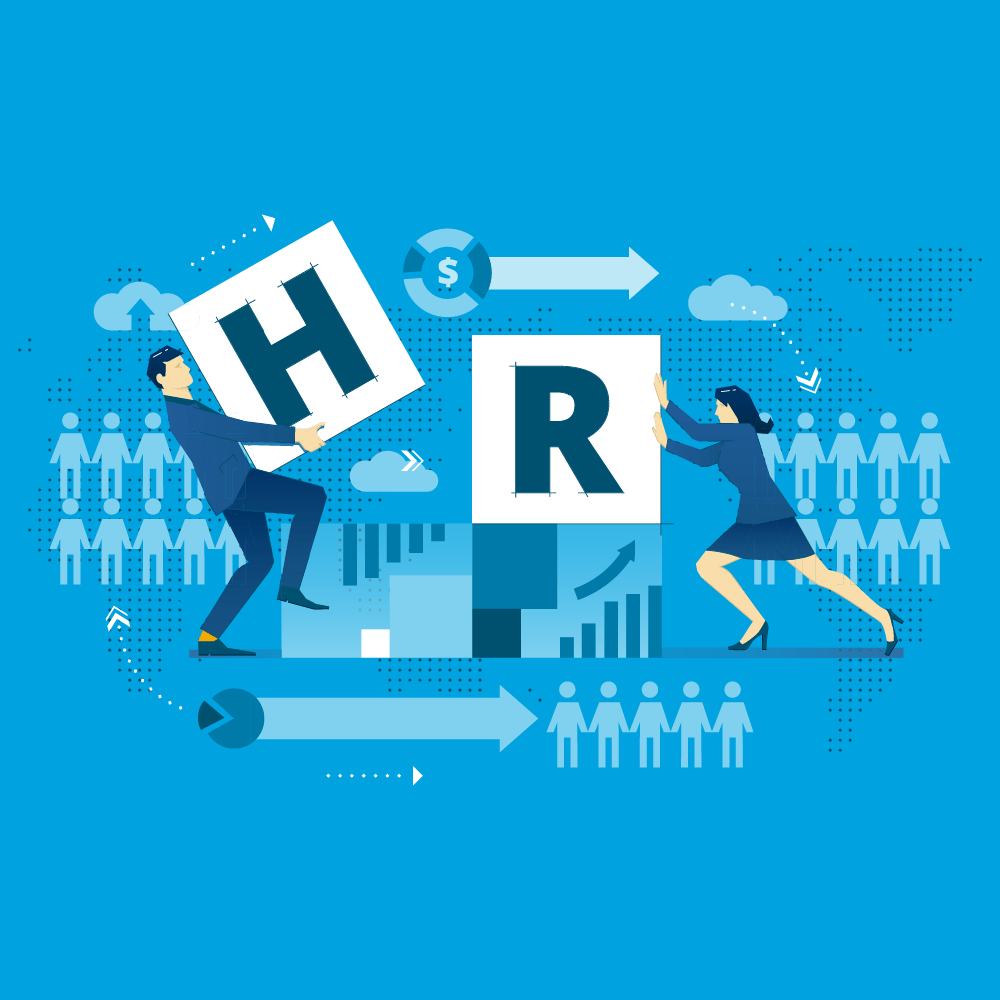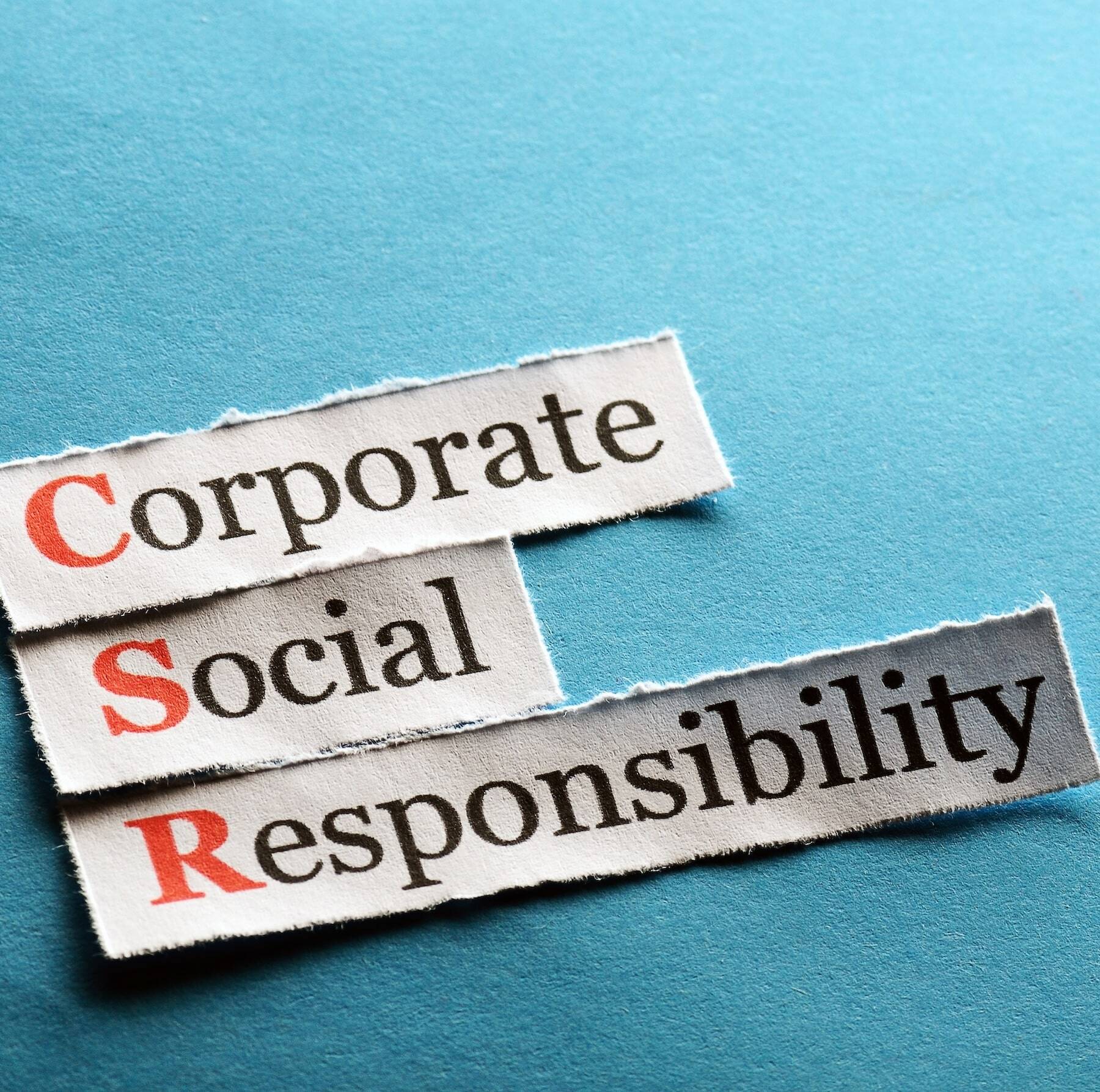Part 1: Shaping the new vision for HR
4 min read
Throughout this year, the world has been faced with countless challenges. An immediate need to learn how to shift entire teams remotely, support frontline employees’ wellbeing in critical ways, redefine the term 'work-life balance' as many juggle homeschooling and full-time work, and businesses innovating and rising above their obstacles to ensure continuity and survival are some of these challenges.
While we’re not out of it yet, and the world is shifting at different time scales when it comes to looking forward to a post-COVID-19 era, those who aren’t thinking ahead will be left behind in the new world we’re in.
We spoke with several leaders in the HR industry to get their thoughts on the future of HR after COVID-19, and how they think businesses everywhere can adapt to the changes ahead. We're looking forward to bringing you their answers to how we're Shaping the new vision of HR.
In speaking with these leaders, three key themes emerged: Agility, culture and 'getting back to our people.' Here’s what they had to say:
.png?width=200&name=Jamie%20Getgood%20(1).png) Jamie Getgood, CEO and Co-founder of The People Shift
Jamie Getgood, CEO and Co-founder of The People Shift
Returning from the pandemic will realign us closer to cultural initiatives, workplace flexibility and employee support programmes.
We will need to think more about flexible-work practices and challenge our own thinking on what it means to our business. We should also do more crisis/emergency and workforce planning in the event of a second wave. Unfortunately many organisations were not prepared for any event (let alone a pandemic) and had to scramble at the last minute.
.png?width=200&name=Debra_corey%20(1).png) Debra Corey, Advisor to Reward Gateway, Bestselling Author and Chief Pay it Forward Officer at DebCo HR Ltd.
Debra Corey, Advisor to Reward Gateway, Bestselling Author and Chief Pay it Forward Officer at DebCo HR Ltd.
HR will need to assume the role of agile architect – designing engagement programmes that truly align with and support their company’s business plans, being flexible enough to adapt and yet strong enough to withstand challenges. We can only do this by continuing to have a seat around the 'decision table,' sitting side-by-side with other business leaders to drive the people agenda through and be aligned with the business agenda.
Ben Waterfield,
Engagement Manager at Dunelm
I think this will make HR more agile. We may see that we’ve got plans, sure, but they’re not so rigid. We’ll also see roles in general be more fluid – it won’t just be recruitment doing the recruitment, payroll doing payroll and internal comms doing comms – everyone will contribute in some way because we’ve learned how to be much more fluid with how you use your resources. I think as a result of this as well, we've discovered extra skills that people have got that we just wouldn't have known about before.
 Sam Dewey, Engagement and Wellbeing Manager at Macmillan Cancer Support
Sam Dewey, Engagement and Wellbeing Manager at Macmillan Cancer Support
I believe that the biggest change will come from an employee’s perception of what an HR function delivers for them during their time with an organisation. I believe that colleagues have always seen HR as some mystical department that only appears when a disciplinary, grievance or absence review needs to be conducted.
COVID-19 has allowed employees to see that it is so much more than that. COVID-19 has allowed HR to really support an organisation and its colleagues.
It’s given colleagues time to explore the full range of services that HR offers. From answers to questions that our line managers are still trying to understand to delivering new and exciting training courses, to providing wellbeing resources that everyone can access. They have also been the main point of call for employees on furlough so new relationships have been created. The distance between the HR and other teams has shrunk. Now employees are more aware of the services HR can provide, and I think they will be contacted more frequently and looked to help deliver larger people plans than ever before.
John Frith,
Chief People Officer at Checkatrade
This is a really interesting question and one that I think will vary by company. If companies are able to offer more flexibility, then the challenge will be how to ensure teams work effectively when they could be split between the office and working remotely.
This will highlight the importance of organisational design and how teams and roles work together.
There will be a new challenge for training and development as leaders and managers will have to adapt to new ways of working. Trust will be the most important Value/Behaviour as they may not physically see all their teams every day.
 Robert Hicks, Group HR Director at Reward Gateway
Robert Hicks, Group HR Director at Reward Gateway
There is pressure on HR to be more efficient and streamline their processes as businesses are hit harder and harder with budget constraints. We’ve learned that you can do more with less, and I think that a big part of HR’s role will be about embracing HR technology 'partners' in their life rather than trying to do it all themselves.
Want more? Stay tuned for more in our series of insights and tips from HR leaders around the globe, or subscribe to the Reward Gateway blog to get these delivered to your inbox.

 Chloe Thompson
Chloe Thompson

.png?width=645&name=question%20(1).png)




